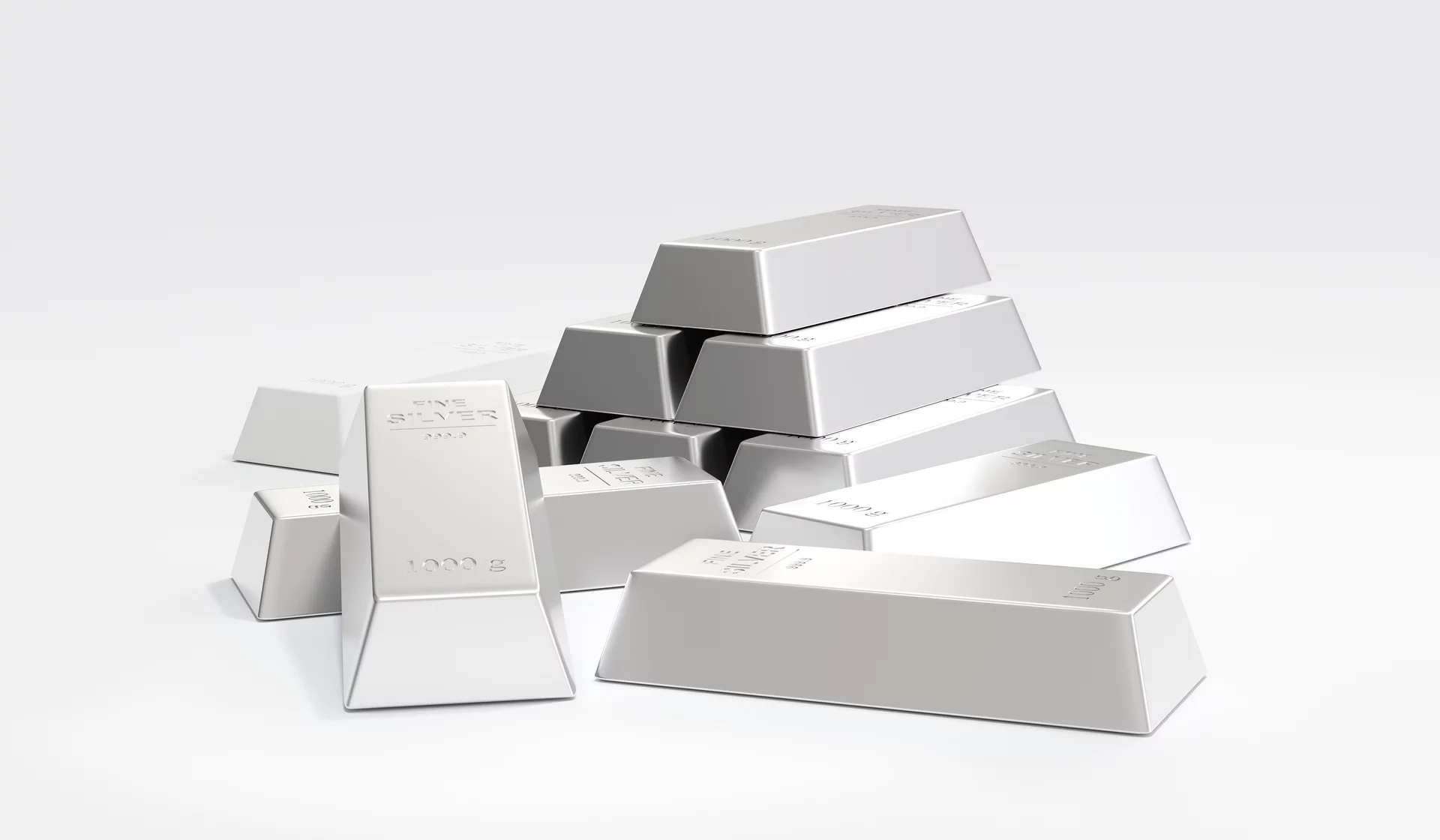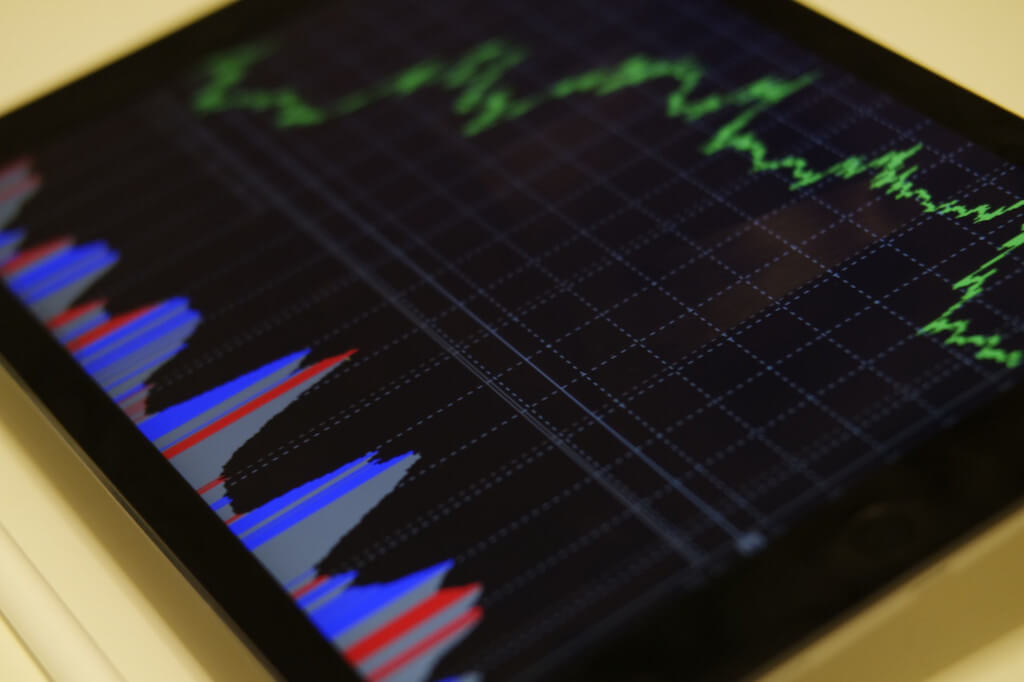Silver has long played a supporting role to gold, but its growing industrial demand and affordability make it a compelling investment option. Whether you’re new to precious metals or looking to diversify your portfolio, silver bullion offers a tangible, reliable asset with unique benefits. Here’s a comprehensive guide to understanding, investing in, and safely storing silver bullion in South Africa.
Why Invest in Silver Bullion?
Investing in silver bullion provides several unique advantages. Unlike stocks or bonds, which are tied to market performance, silver bullion has inherent, physical value. Its weight and purity ensure that it holds its worth, regardless of external factors like market crashes. Silver is much cheaper than gold, making it a highly accessible entry point for beginner investors. Whether you’re starting small or diversifying an established portfolio, silver allows you to invest without breaking the bank. Silver’s industrial applications contribute to its consistent demand. It’s essential in electronics, medical equipment, renewable energy systems like solar panels, and even water purification. This versatility ensures that silver remains valuable across various industries. Silver has historically acted as a reliable hedge against inflation. When the value of paper money drops, the price of silver often rises, protecting investors’ purchasing power during economic uncertainty.
South Africa’s Role in Silver Investment
South Africa’s deep-rooted mining heritage has long established it as a global hub for precious metals trading. While the country is renowned for its vast reserves of gold and platinum, silver plays a quieter but increasingly significant role in both local and international markets. Although silver is not mined in South Africa as extensively as other metals, its strategic importance as an investment asset and industrial commodity continues to grow.
South African investors have access to a variety of silver bullion options, catering to both beginners and seasoned investors. Among the most popular choices is the South African Silver Krugerrand, a coin that mirrors the prestige of its gold counterpart and contains one troy ounce of .999 fine silver. In addition to the Krugerrand, internationally recognized silver bars and ingots are also widely available. These products often come in standard weights such as 1 oz, 10 oz, and 1 kg, providing flexibility for investors looking to diversify their portfolios.
Local dealers and online platforms have made silver more accessible, enabling South Africans to participate in the global silver market with ease. As demand for silver increases due to its industrial applications and status as a “safe haven” investment, South Africa’s role in facilitating silver trading is poised to expand further. This growing relevance highlights the country’s importance not only as a producer of precious metals but also as a key player in the broader commodities market.
How to Invest in Silver Bullion
Investing in silver bullion requires careful planning to ensure that your investment is secure and profitable. Here’s a step-by-step guide to making smart choices when purchasing and storing silver bullion. The first step in investing in silver is to find a trustworthy dealer. Reputable vendors are crucial for ensuring the authenticity and quality of your bullion. Look for dealers accredited by the South African Mint or internationally recognized bodies like the London Bullion Market Association (LBMA). These certifications guarantee that the bullion meets high standards of purity and production. Additionally, research dealer reviews and their buyback policies to ensure a seamless experience if you decide to sell your silver later.
Choose Your Silver Product
Silver bullion comes in various forms, each suited to different investment goals:
- Coins: Coins like the South African Silver Krugerrand are an excellent choice for small investors. They are highly liquid, easy to trade, and widely recognized.
- Bars and Ingots: Larger investors might prefer silver bars, which range in size from 1 oz to 1 kg or more. Bars often carry lower premiums compared to coins, making them a cost-effective option for bulk investments.
Selecting the right product depends on your budget, storage capacity, and investment strategy. Silver bullion prices are tied to the global spot price of silver, which is quoted in US dollars. South African investors must consider several factors when calculating costs:
- Exchange Rates: The strength of the South African rand against the US dollar significantly impacts the final price. A strong rand lowers costs, while a weak rand raises them.
- Premiums: Dealers charge a markup to cover minting, transportation, and profit. This premium typically ranges from 6% to 15%, depending on the vendor and product.
- VAT: Unlike gold, silver is subject to a 15% Value-Added Tax (VAT) in South Africa. This tax adds to the upfront cost of purchasing silver but is recouped when selling the bullion.
Being aware of these components helps investors compare prices and find the best deals.
Purchase and Storeage
After selecting your dealer and silver product, the next step is to make your purchase. Silver bullion can be bought both in-person and online, providing flexibility depending on your preferences. However, safeguarding your investment is just as important as buying it. Proper storage ensures your bullion remains secure and maintains its value over time.
Home Safes offer a convenient option for storing silver at home, providing easy access and a high level of control. However, to mitigate theft risks, you’ll need appropriate insurance coverage. Safety Deposit Boxes, available at most banks, provide a secure environment for your silver bullion. While reliable, they often come with monthly fees and limited accessibility, which may not suit all investors. Vaulting Services are an increasingly popular choice for investors seeking professional storage solutions. Services like those offered by SA Bullion provide benefits such as comprehensive insurance, live pricing updates, and liquidity for easy buying or selling. Many vaulting services even include free storage for holdings under a certain value, such as R500,000, making this a cost-effective option for larger investments.
Choosing the right storage solution is critical to ensuring your silver bullion remains secure and valuable. By combining strategic buying with reliable storage, you can protect and grow your investment over the long term, making silver a powerful addition to your financial portfolio.
Industrial Demand for Silver
Silver is not only a store of value but also a vital industrial metal with diverse applications that drive consistent demand. Its exceptional conductivity makes silver indispensable in electronics, including circuits, batteries, and LED chips. These properties ensure its use in everything from consumer devices to advanced technologies. The medical industry also relies heavily on silver for its antibacterial qualities. It is incorporated into wound dressings, medical devices, and even specialized textiles to prevent infections and promote healing. This unique ability to combat bacteria further solidifies silver’s importance in healthcare. In renewable energy, silver plays a pivotal role in solar photovoltaic cells. Its unmatched conductivity and reflectivity make it essential for capturing and converting solar energy efficiently. As global renewable energy projects expand, the demand for silver in solar applications continues to grow, reinforcing its status as a critical resource in advancing sustainable technologies.
Understanding Silver’s Price Drivers
Silver prices are shaped by a combination of key factors, with supply and demand playing a central role. The amount of silver mined globally and its industrial applications significantly influence its market value. As industries like electronics, healthcare, and renewable energy continue to grow, their demand for silver directly impacts its price.
The strength of the US dollar is another critical driver, as silver is priced in USD on global markets. When the dollar weakens, silver becomes more affordable for international buyers, increasing demand and pushing prices higher. Conversely, a strong dollar can suppress silver prices by making it more expensive for non-US investors.
Economic uncertainty also has a profound effect on silver prices. During periods of inflation, currency devaluation, or geopolitical instability, silver often acts as a “safe haven” asset. Investors turn to silver to preserve their wealth, driving up demand and prices. This protective quality makes silver an attractive option in volatile economic climates.
Comparing Silver and Gold Investments
While gold often takes center stage as the most sought-after precious metal, silver offers its own unique advantages, making it a compelling alternative for investors. One of silver’s biggest strengths is its accessibility. Its lower price point compared to gold makes it an excellent entry option for small or first-time investors, enabling them to participate in the precious metals market without a substantial financial outlay.
Silver’s higher volatility, while sometimes viewed as a risk, also presents opportunities for significant returns. Price swings in the silver market tend to be more pronounced than in gold, allowing astute investors to capitalize on short-term movements and generate profits.
Another key distinction lies in industrial applications. Unlike gold, which is primarily a store of value, a large portion of silver’s demand stems from its use in technology, healthcare, and renewable energy. This diverse utility gives silver an additional value proposition beyond being a mere investment asset.
The gold-to-silver ratio is a valuable metric for gauging the relative value of these two metals. A high ratio, such as 80:1, suggests that silver is undervalued compared to gold, signaling a potential buying opportunity. By monitoring this ratio, investors can make informed decisions about whether to prioritize gold or silver in their portfolios.
Risks of Investing in Silver Bullion
Investing in silver bullion, while offering numerous advantages, comes with its own set of risks that investors need to carefully consider. One major factor is price volatility. Silver’s relatively smaller market size compared to gold makes its prices more susceptible to sharp fluctuations. While this volatility can create opportunities for profit, it also increases the risk of sudden losses, especially for short-term investors.
Another consideration is storage costs. Silver, being a tangible asset, requires safe and secure storage. Whether you choose a home safe, a safety deposit box at a bank, or a professional vaulting service, there are associated costs. These expenses can add up over time, slightly reducing the overall return on your investment.
Market liquidity is also a potential challenge. While silver is generally considered a highly liquid asset, finding a buyer at your desired price may take time, particularly during periods of market instability or reduced demand. This can be a concern if you need to sell quickly to free up cash or capitalize on other opportunities.
Where to Buy Silver Bullion in South Africa
South Africans looking to invest in silver bullion have several reliable options for purchasing this precious metal. Local dealers such as SA Bullion and Bidvest Bank are trusted vendors that offer physical silver products. These dealers typically provide coins, bars, and ingots, catering to a range of investment needs. Buying locally also makes it easier to verify the authenticity of the silver and gain personalized advice from experts familiar with the South African market.
Online platforms like BullionVault provide another convenient option. These international platforms allow investors to buy, sell, and store silver bullion securely without the hassle of managing physical storage. They often offer competitive pricing and allow you to trade silver in fractional amounts, making it more accessible to investors with varying budgets.
Auctions can also be a source for silver bullion, particularly for collectors interested in rare or historical coins and bars. Estate sales and online auction sites occasionally feature silver products, but caution is essential. Ensuring authenticity and verifying the reputation of the seller are critical to avoid counterfeit items.
Each of these options offers unique advantages, and the choice depends on your investment goals, budget, and storage preferences. By selecting a trusted source, you can confidently enter the silver market and secure a valuable addition to your portfolio.
Tips for First-Time Investors
For first-time investors entering the silver market, a cautious and informed approach can make all the difference. It’s wise to start small by purchasing silver coins or smaller bars. This allows you to test the market, familiarize yourself with the buying process, and build confidence without making a significant financial commitment.
Another key tip is to understand premiums, which are the markups dealers charge over the spot price of silver. These premiums account for minting, transportation, and dealer profit. Comparing premiums from different vendors helps ensure you’re getting the best value for your investment.
Monitoring market trends is also essential. Silver prices are influenced by factors such as global economic conditions, currency fluctuations, and industrial demand. Staying informed about these indicators can help you time your purchases and maximize potential gains.
Finally, remember to diversify your portfolio. While silver is a valuable asset, relying solely on it exposes you to unnecessary risk. Combining silver with other investments, such as gold, stocks, or bonds, creates a balanced portfolio that can weather market volatility and deliver long-term stability. Taking these steps will set you on a strong path as you begin your silver investment journey.





